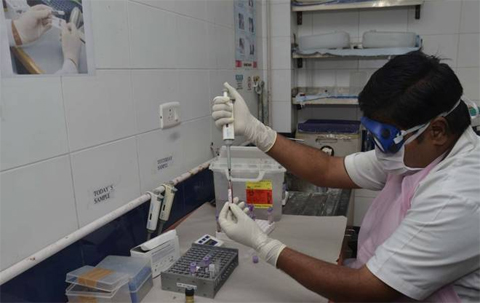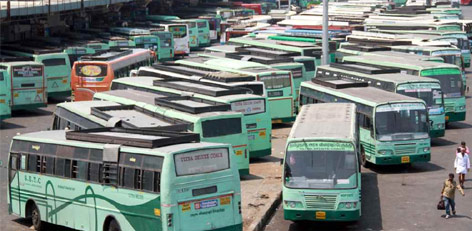No. of views : (2890)
In Tamil Nadu, around 20,000 clinical labs might be closed
Posted on: 19/Sep/2018 10:10:59 AM

The shocking piece of news is if the state of Tamil Nadu decides to enforce the Tamil Nadu Clinical Establishments (Regulation) Rules 2018, then around 20,000 medical laboratories would be shut down in the next few months. As a result of this 50,000 technicians would not have jobs and this was confirmed by the members of the Paramedical Laboratory Education Welfare Association.
It was in the month of March 2018, a legislation was framed by the state is known. According to the legislation it was mandatory for all clinical establishments like hospitals, nursing homes, dispensaries, polyclinics, consulting rooms, clinical labs, x-ray and scan centres(public and private) to register themselves with the government. The officials said that the rules would standardise care across the TN state. It must be noted that on 4th June, the health and family welfare department notified rules for the Act. The clinical laboratories present in the rural places must have atleast 500 sq ft and in the urban places the labs must have area of 700 sq ft to 1500 sq ft. The rule also stated that the labs must ensure that there is enough space for reception, sample collection, isolation of biohazards, radioisotope related work as per the Atomic Energy regulatory Board or AERB.
Mr. P. Kalidasan, association national president, expressed his thoughts and spoke about how most of the labs in rural places run in one room space that is not more than 150 sq ft to 200 sq ft. He spoke about how 80% of above mentioned labs would be shut down. He added that in urban places there are not many labs with 700 sq ft space.
As per the rules there are certain qualifications that a lab technician must have. It is revealed that the technician must have a degree or a 2 year diploma in medical laboratory technology or a one year certificate programme with 2 years of experience or graduates in basic science with 1 year experience or diploma in medical radiation and isotope technology.
Mr. P. Kalidasan later explained how many laboratories have trained people for many years and how these people might not have the necessary qualifications or they might have studied from unrecognized institutions. He finally revealed that more than 50,000 technicians would be without jobs.







